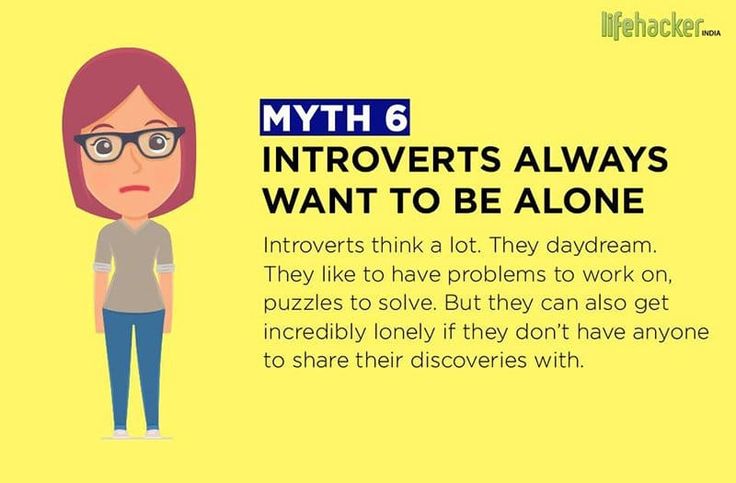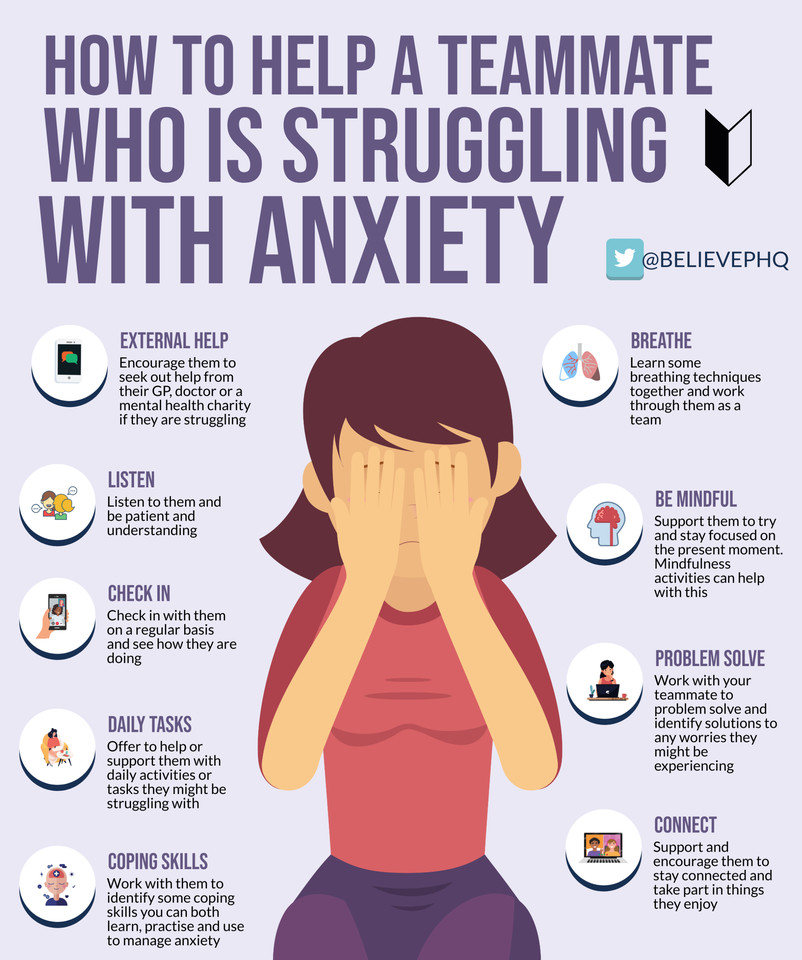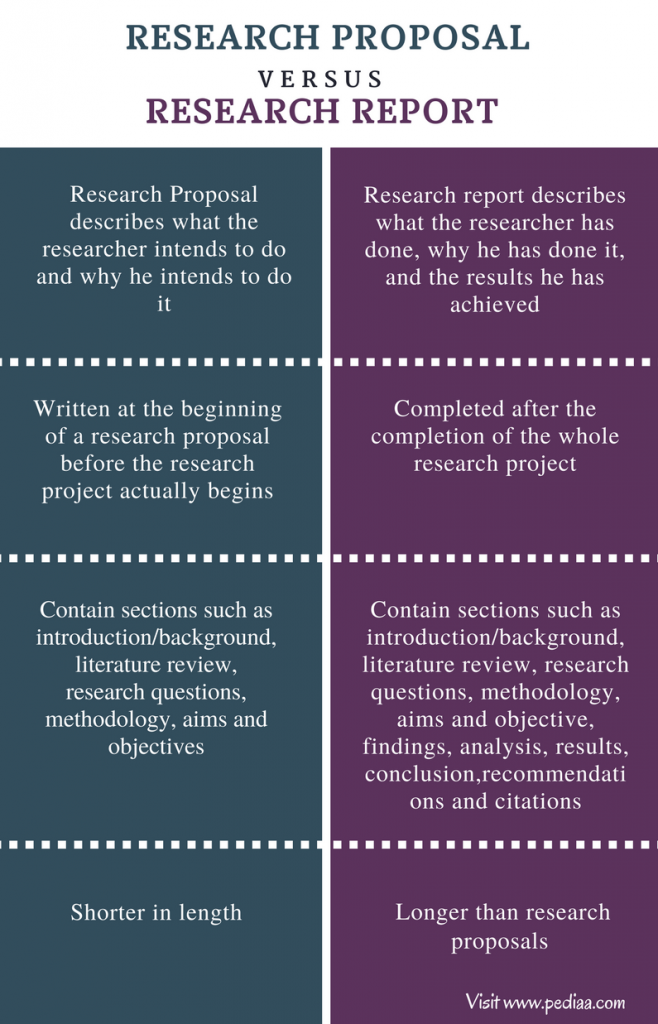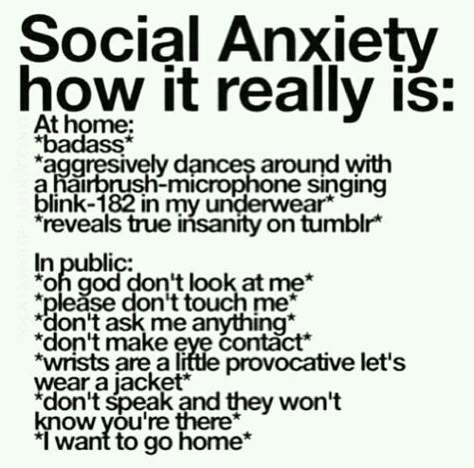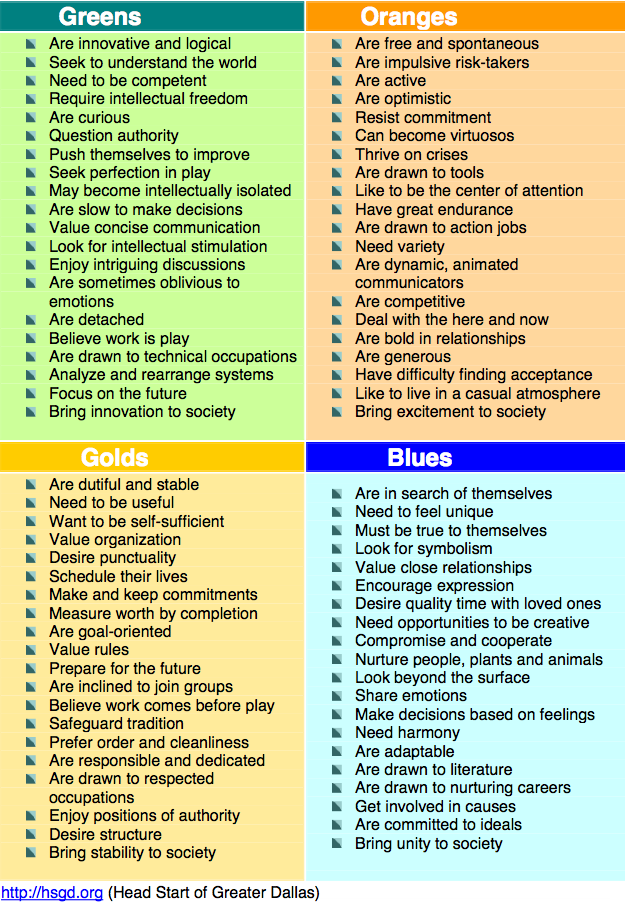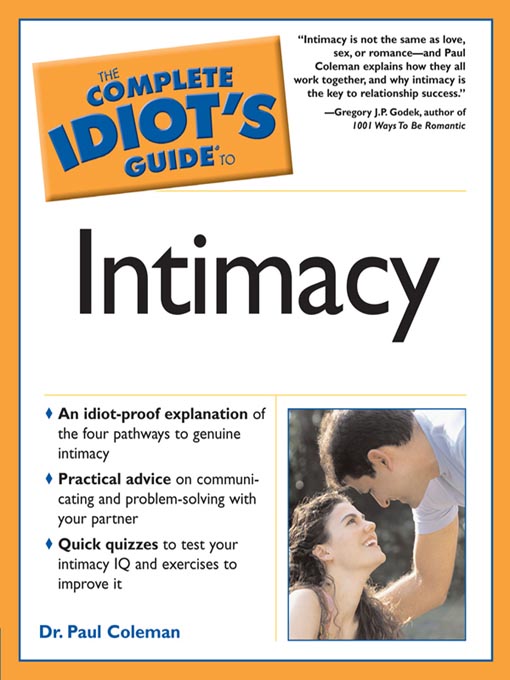Baron cohen autism test
Are you autistic? Take the test
Many people will be familiar with the “AQ test” that is widespread across the internet. This is a series of 50 questions that actually only forms one part of a bigger assessment developed in 2005 by Professor Simon Baron-Cohen at the Cambridge Autism Research Centre, the Adult Asperger’s Assessment. The AAA also includes a 60 question Emotional Quotient test as well. We have ported this to be taken as an online test.
If you are interested in the development and metrics of this assessment, here is the reference to look up:
Baron-Cohen, S., Wheelwright, S., Robinson, J., & Woodbury-Smith, M. (2005). The Adult Asperger Assessment (AAA): a diagnostic method. Journal of Autism and Developmental Disorders, 35, 807-819.
CAVEAT CEPTOR
The scientific research into the nature and observable behaviours of autistic people is still in its infancy – this test has been heavily criticised by many aspies for favouring certain types of autistic people over another (such as men, people culturally raised in the West, younger people who have not yet learned empathy etc. ,). The gold standard for diagnosis remains spending a couple of hours with a qualified professional who knows what they’re looking for. This assessment was only developed to help them in that process, and it is not an exam you can take that you can definitively pass or fail.
Having said that, we would not have gone to the trouble of uploading it if it didn’t have some value. If you achieve a score of 32 or higher on the AQ or below 30 on the EQ test, you should probably go hang out with some aspies and see whether you feel affinity with them or not.
Please note: achieving a low score on this test does not mean that you are not autistic. Achieving a particularly low score may well indicate the opposite – you’re so good at knowing what you’re supposed to be doing you can outneurotypical people at being neurotypical. On paper, at least.
You should either take the test at speed, or slowly with a friend or partner who knows you well.
| Definitely Agree | Slightly Agree | Slightly Disagree | Definitely Disagree | |
1. I prefer to do things with others rather than on my own. I prefer to do things with others rather than on my own. | ||||
| 2. I prefer to do things the same way over and over again. | ||||
| 3. If I try to imagine something, I find it very easy to create a picture in my mind. | ||||
| 4. I frequently get so strongly absorbed in one thing that I lose sight of other things. | ||||
| 5. I often notice small sounds when others do not. | ||||
| 6. I usually notice car number plates or similar strings of information. | ||||
7. Other people frequently tell me that what I’ve said is impolite, even though I think it is polite. Other people frequently tell me that what I’ve said is impolite, even though I think it is polite. | ||||
| 8. When I’m reading a story, I can easily imagine what the characters might look like. | ||||
| 9. I am fascinated by dates. | ||||
| 10. In a social group, I can easily keep track of several different people’s conversations. | ||||
| Definitely Agree | Slightly Agree | Slightly Disagree | Definitely Disagree | |
| 11. I find social situations easy. | ||||
12. I tend to notice details that others do not. I tend to notice details that others do not. | ||||
| 13. I would rather go to a library than a party. | ||||
| 14. I find making up stories easy. | ||||
| 15. I find myself drawn more strongly to people than to things. | ||||
| 16. I tend to have very strong interests which I get upset about if I can’t pursue. | ||||
| 17. I enjoy social chit-chat. | ||||
18. When I talk, it isn’t always easy for others to get a word in edgeways. When I talk, it isn’t always easy for others to get a word in edgeways. | ||||
| 19. I am fascinated by numbers. | ||||
| 20. When I’m reading a story, I find it difficult to work out the characters’ intentions. | ||||
| Definitely Agree | Slightly Agree | Slightly Disagree | Definitely Disagree | |
| 21. I don’t particularly enjoy reading fiction. | ||||
| 22. I find it hard to make new friends. | ||||
23. I notice patterns in things all the time. I notice patterns in things all the time. | ||||
| 24. I would rather go to the theatre than a museum. | ||||
| 25. It does not upset me if my daily routine is disturbed. | ||||
| 26. I frequently find that I don’t know how to keep a conversation going. | ||||
| 27. I find it easy to “read between the lines” when someone is talking to me. | ||||
| 28. I usually concentrate more on the whole picture, rather than the small details. | ||||
29. I am not very good at remembering phone numbers. I am not very good at remembering phone numbers. | ||||
| 30. I don’t usually notice small changes in a situation, or a person’s appearance. | ||||
| Definitely Agree | Slightly Agree | Slightly Disagree | Definitely Disagree | |
| 31. I know how to tell if someone listening to me is getting bored. | ||||
| 32. I find it easy to do more than one thing at once. | ||||
| 33. When I talk on the phone, I’m not sure when it’s my turn to speak. | ||||
34. I enjoy doing things spontaneously. I enjoy doing things spontaneously. | ||||
| 35. I am often the last to understand the point of a joke. | ||||
| 36. I find it easy to work out what someone is thinking or feeling just by looking at their face. | ||||
| 37. If there is an interruption, I can switch back to what I was doing very quickly. | ||||
| 38. I am good at social chit-chat. | ||||
| 39. People often tell me that I keep going on and on about the same thing. | ||||
40. When I was young, I used to enjoy playing games involving pretending with other children. When I was young, I used to enjoy playing games involving pretending with other children. | ||||
| Definitely Agree | Slightly Agree | Slightly Disagree | Definitely Disagree | |
| 41. I like to collect information about categories of things (e.g. types of car, types of bird, types of train, types of plant, etc.). | ||||
| 42. I find it difficult to imagine what it would be like to be someone else. | ||||
| 43. I like to plan any activities I participate in carefully. | ||||
44. I enjoy social occasions. I enjoy social occasions. | ||||
| 45. I find it difficult to work out people’s intentions. | ||||
| 46. New situations make me anxious. | ||||
| 47. I enjoy meeting new people. | ||||
| 48. I am a good diplomat. | ||||
| 49. I am not very good at remembering people’s date of birth. | ||||
50. I find it very easy to play games with children that involve pretending.
| ||||
Take the Autism Test | WIRED
Advertisement.
Skip Article Header. Skip to: Start of Article.
- Author: Wired Staff. Wired Staff Magazine
- Date of Publication: 12.01.01.
- Time of Publication: 12:00 pm.
Psychologist Simon Baron-Cohen and his colleagues at Cambridge’s Autism Research Centre have created the Autism-Spectrum Quotient, or AQ, as a measure of the extent of autistic traits in adults. In the first major trial using the test, the average score in the control group was 16.4. Eighty percent of those diagnosed with autism or a related disorder scored 32 or higher. The test is not a means for making a diagnosis, however, and many who score above 32 and even meet the diagnostic criteria for mild autism or Asperger’s report no difficulty functioning in their everyday lives.
The test is not a means for making a diagnosis, however, and many who score above 32 and even meet the diagnostic criteria for mild autism or Asperger’s report no difficulty functioning in their everyday lives.
UPDATE: Due to the age of the code powering the calculation required for the test it no longer works. We are coding a more modern version that will be available shortly. Manual calculation of the score is available by following the instructions at the bottom of the test.
| Definitely agree | Slightly agree | Slightly disagree | Definitely disagree | ||
| 1 | I prefer to do things with others rather than on my own. | ||||
| 2 | I prefer to do things the same way over and over again. | ||||
| 3 | If I try to imagine something, I find it very easy to create a picture in my mind. | ||||
| 4 | I frequently get so strongly absorbed in one thing that I lose sight of other things. | ||||
| 5 | I often notice small sounds when others do not. | ||||
| 6 | I usually notice car number plates or similar strings of information.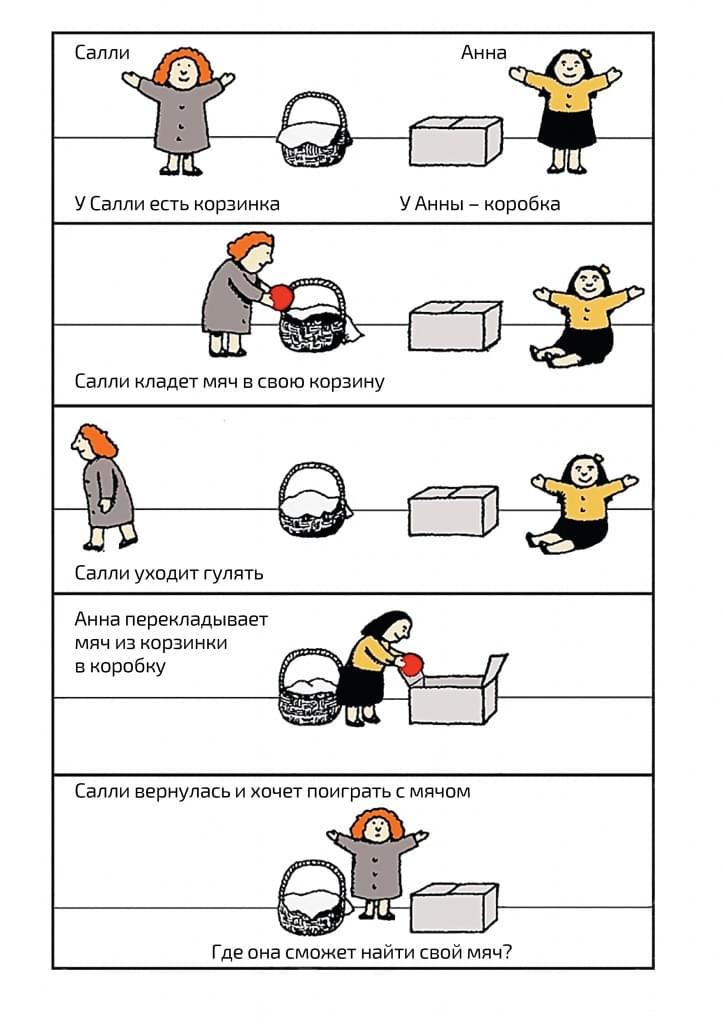 | ||||
| 7 | Other people frequently tell me that what I’ve said is impolite, even though I think it is polite. | ||||
| 8 | When I’m reading a story, I can easily imagine what the characters might look like. | ||||
| 9 | I am fascinated by dates. | ||||
| 10 | In a social group, I can easily keep track of several different people’s conversations. | ||||
| 11 | I find social situations easy. | ||||
| 12 | I tend to notice details that others do not. | ||||
| 13 | I would rather go to a library than to a party. | ||||
| 14 | I find making up stories easy. | ||||
| 15 | I find myself drawn more strongly to people than to things. | ||||
| 16 | I tend to have very strong interests, which I get upset about if I can’t pursue. | ||||
| 17 | I enjoy social chitchat. | ||||
| 18 | When I talk, it isn’t always easy for others to get a word in edgewise. | ||||
| 19 | I am fascinated by numbers. | ||||
| 20 | When I’m reading a story, I find it difficult to work out the characters’ intentions. | ||||
| 21 | I don’t particularly enjoy reading fiction. | ||||
| 22 | I find it hard to make new friends. | ||||
| 23 | I notice patterns in things all the time. | ||||
| 24 | I would rather go to the theater than to a museum. | ||||
| 25 | It does not upset me if my daily routine is disturbed. | ||||
| 26 | I frequently find that I don’t know how to keep a conversation going. | ||||
| 27 | I find it easy to ‘read between the lines’ when someone is talking to me. | ||||
| 28 | I usually concentrate more on the whole picture, rather than on the small details. | ||||
| 29 | I am not very good at remembering phone numbers. | ||||
| 30 | I don’t usually notice small changes in a situation or a person’s appearance. | ||||
| 31 | I know how to tell if someone listening to me is getting bored. | ||||
| 32 | I find it easy to do more than one thing at once. | ||||
| 33 | When I talk on the phone, I’m not sure when it’s my turn to speak. | ||||
| 34 | I enjoy doing things spontaneously. | ||||
| 35 | I am often the last to understand the point of a joke. | ||||
| 36 | I find it easy to work out what someone is thinking or feeling just by looking at their face. | ||||
| 37 | If there is an interruption, I can switch back to what I was doing very quickly. | ||||
| 38 | I am good at social chitchat. | ||||
| 39 | People often tell me that I keep going on and on about the same thing. | ||||
| 40 | When I was young, I used to enjoy playing games involving pretending with other children. | ||||
| 41 | I like to collect information about categories of things (e.g., types of cars, birds, trains, plants). | ||||
| 42 | I find it difficult to imagine what it would be like to be someone else. | ||||
| 43 | I like to carefully plan any activities I participate in. | ||||
| 44 | I enjoy social occasions. | ||||
| 45 | I find it difficult to work out people’s intentions. | ||||
| 46 | New situations make me anxious. | ||||
| 47 | I enjoy meeting new people. | ||||
| 48 | I am a good diplomat. | ||||
| 49 | I am not very good at remembering people’s date of birth. | ||||
| 50 | I find it very easy to play games with children that involve pretending. |
How to score:
“Definitely agree” or “Slightly agree” responses to questions 2, 4, 5, 6, 7, 9, 12, 13, 16, 18, 19, 20, 21, 22, 23, 26, 33, 35, 39, 41, 42, 43, 45, 46 score 1 point.
“Definitely disagree” or “Slightly disagree” responses to questions 1, 3, 8, 10, 11, 14, 15, 17, 24, 25, 27, 28, 29, 30, 31, 32, 34, 36, 37, 38, 40, 44, 47, 48, 49, 50 score 1 point.
© MRC-SBC/SJW February 1998. Published: Journal of Autism
and Developmental Disorders, 31, 5-17 (2001).
Page not found | Neurodiversity
Nothing found at this address. Try using search.
Find:Find:
Record types
- Record (1 353)
- Page (4)
Categories
- Myths and prejudices (727)
- Translation articles (704)
- Ableism (583)
- Parents of autistic people (570)
- The world through the eyes of an autist (462)
Tags
- myths and prejudices (733)
- ableism (491)
- Parents of autistic people (471)
- autistic children (412)
- acceptance (251)
Year
- 2023 (32)
- 2022 (4)
- 2021 (21)
- 2020 (75)
- 2019 (141)
Neurodiversity in Russia
Enter your email address to receive notifications of new entries.
Email address
Join 434 more subscribers
| completely agreed | Rather, | Rather, | completely disagree not agreed0093 | |||||
| 4. | It is difficult for me to explain things that I understand easily, and they do not understand them the first time | 5. | 9 dreams almost every night||||||
| 6. | I really enjoy taking care of other people 9007 33 | |||||||
| 9. | I usually feel best in the morning | |||||||
10. | people often say that I will go too far as I go too far in my own way. Positions in discussions | |||||||
| Completed | Rather, rather agreed0087 | 13. | I do not violate the rules and laws, no matter how insignificant they are | |||||
| 3 | ||||||||
| 23. | I think that good manners are the most important thing that parents can teach children | |||||||
| 01010101010101010ALS spontaneous, impulsive | ||||||||
| 25. | 0105 | 28. | If someone asks me if I liked his haircut, I answer truthfully, even if I did not like it | |||||
38. | I am upset that I see that the animal dealer is painful 9007 | |||||||
| 39.0073 | It is easy for me to understand whether it is interesting or boring what I’m talking about, the person listening to me | |||||||
| 42. | I am upset when I see people experiencing the suffering of people | |||||||
| 43. | Friends often tell me about their problems because they call me understanding | |||||||
| 46. | people sometimes tell me that I go too far when I tease someone | 900 I would be afraid to go on a big roller coaster | ||||||
| 48. | 0068 | completely agree | Rather, | Rather, | , | |||
51. |
